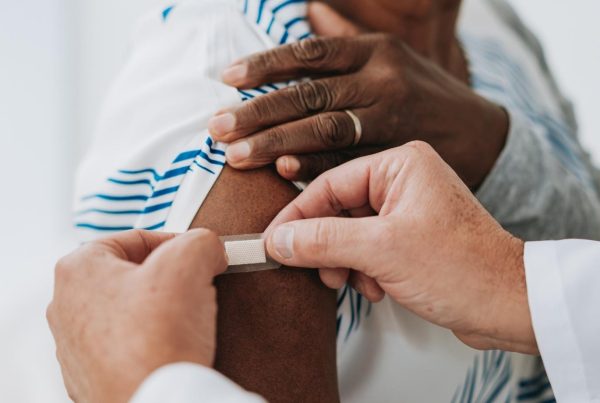These common medications can sound scary, but they can save your life.
Contributed by: Matthew Schneiderman, PharmD
What are blood thinners?
Despite their name, blood thinners don’t make your blood thinner. Instead, they keep your blood from forming clots. Blood clots can increase your risk of several life-threatening conditions, including heart attacks and stroke. There are two main types of blood thinners:
- Anticoagulants. These target proteins in the blood that help it clot. Common prescription anticoagulants include Eliquis, Xarelto and Warfarin (Coumadin).
- Antiplatelets. These stop tiny blood cells called platelets from sticking and clumping together. Common antiplatelets include aspirin, as well as the prescription medication Plavix.
Why do healthcare providers prescribe blood thinners?
You may need blood thinners if you are at risk of or have had a heart attack, a stroke or if you have atrial fibrillation (AFib), a condition where your heart sometimes beats too quickly or out of normal rhythm. You might also be given a blood thinner if you’ve already suffered a blood clot, such as deep vein thrombosis (DVT) or a pulmonary (lung) embolism (PE).
Sometimes you may need a blood thinner temporarily, such as after surgery, when blood clots can crop up, or after a trauma like a car accident.
What are side effects of blood thinners?
The most common ones are bruising, bleeding in your gums and nosebleeds. If you experience any of these mild side effects, tell your healthcare provider who may prescribe a different medication or change your dosage.
There are also more serious side effects. If you experience any of these, it can be a sign of internal bleeding, so call your provider immediately or go to an Emergency Department:
- Blood in your urine or stool.
- Coughing up or vomiting blood.
- Severe headache or stomach pain.
What else should I know about taking blood thinners?
Blood thinners are typically safe, but there are tips you should follow to avoid potential problems:
- Tell your healthcare provider about other medications, vitamins and herbal supplements you take. Some may interact with your blood thinner or increase your risk of side effects. If you’re on a blood thinner, don’t take a new medication or supplement without checking with your provider first.
- Be careful with contact sports – tackle football or anything where you might fall or get hit – because of the risk of bruising and bleeding.
- Take your blood thinner daily as prescribed. Remember, blood clots can happen suddenly and without warning. Taking your blood thinner is all about prevention.
Have you been prescribed blood thinners? Get your prescription filled at a MetroHealth pharmacy for convenience and to save on cost. Ask about home delivery at no additional cost to save you a stop. Call 216-9576-6337 (MEDS) to transfer your prescription and set up home delivery.
Questions about blood thinners? Call 440-592-3890 to get the answers you’re looking for or visit metrohealth.org/anticoagulation-and-medication-management-clinic.











